
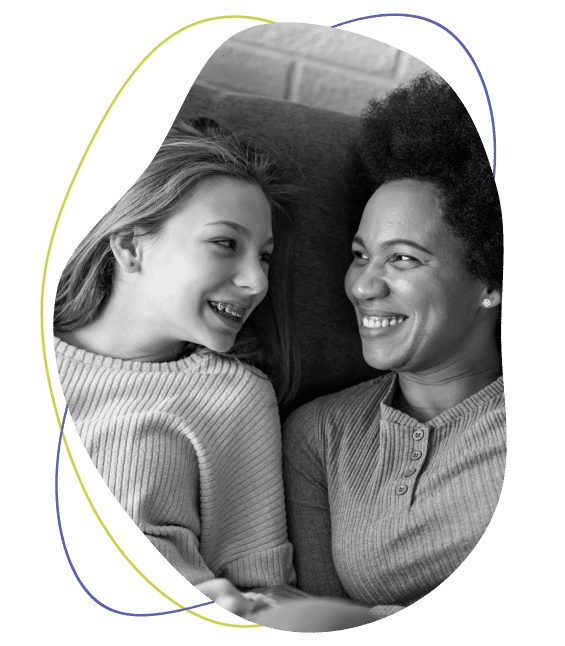
If you’re an adult adoptee, you may be grappling with big, existential questions about where you come from and who you are. Perhaps a recent event—such as a death or a reunion—has caused you to reconsider your relationships. Or maybe you’ve always struggled with the lingering sense that you don’t belong or are somehow unworthy of love.
As a result, you may have developed negative self-talk or a harsh inner critic. Confusion surrounding your identity may have led to an onset of anxiety or depression, which can include intense feelings of fear and hopelessness. Or maybe you consistently feel misunderstood and as though you don’t have a place in this world.
This has naturally impacted your ability to forge healthy, fulfilling connections with others. Perhaps you have a hard time maintaining intimate relationships or struggle with issues of abandonment and insecurity. You may not fully trust or feel nurtured by others because you have a hard time believing you’re worthy. And it’s possible you are aware of the attachment trauma you endured as an infant or young child.

On the other hand, you may be the parent of an adoptee or considering adopting a child into your family. Committed to providing the most supportive environment possible, you may need help navigating your parenting approach. Sooner or later, the time will come when your child asks you about their birth family, and you want to be prepared to nurture their curiosity in the healthiest way possible.
No matter your age or background, your sense of self is tremendously impacted by your roots. And if you’re adopted, you are likely to spend ample time and energy imagining who your birth family is and where you come from.
All you want is to make sense of your identity and your origins so that you can move forward with your life.
FORTUNATELY, WE CAN PAIR YOU WITH AN ADOPTION COMPETENT THERAPIST WHO WILL HELP YOU UNDERSTAND, NORMALIZE, AND PROCESS YOUR EXPERIENCE.
If you’re looking for counseling and community as an adoptee, you are not alone. Even the most successful adoption stories involve emotional wounds. That’s why it’s important to find neutral, third-party support from someone who can offer healing perspective.
No matter the circumstances, adoption stories are grief stories. After all, the connection to your roots has been compromised or lost altogether, and you may feel as though you’ve been in a fog all these years trying to understand what exactly you’ve been mourning. As you grow into adulthood, you are likely to grapple with many uncomfortable feelings and realizations that cause you to feel sad, angry, and isolated—all common symptoms of grief and loss.
But it’s important to remember that adoption is not just a one-time experience; it’s an experience that lasts a lifetime. And just as every parent goes on a different journey when it comes to raising children, every adoptee has a different story.
You may have grown up with adoptive parents who supported your curiosity about your family of origin, or perhaps you were raised in an adoptive family that discouraged you from asking questions about where you came from. Not to mention, the grief and trauma you experienced upon being separated from your birth parents probably took place before you could talk or name emotions, making it even harder to put your feelings into words.
Alternatively, as the parent of an adoptee, you’ve had your own grief and trauma too. You may have experienced a great deal of loss before deciding to adopt. And the long, involved process of legal adoption may not have been what you envisioned when you first set out to begin your family. Moreover, you want your child to feel loved and wanted, causing you to feel avoidant or confused about addressing issues and questions concerning their family of origin.
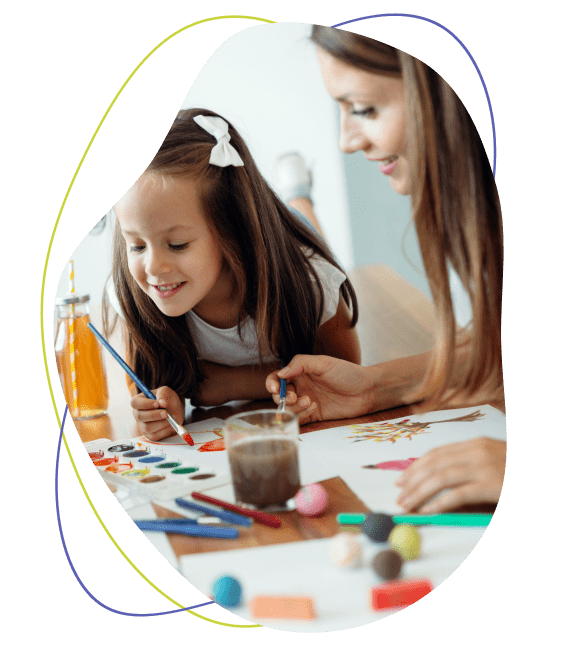
Far beyond any cognitive awareness, the trauma felt by a newborn or infant separated from their biological parents is stored deep within the body’s cells. This trauma often manifests throughout childhood and into adulthood as depression, anxiety, and other mental health hurdles. In therapy, you can explore pre-verbal thoughts and emotions about your adoption experience to find a greater sense of peace.
Working with an adoption-competent therapist who is trained to validate your trauma and range of emotions, you can process your story without judgment or expectation. Together, we can face even the scariest truths to relieve you of pain and suffering.
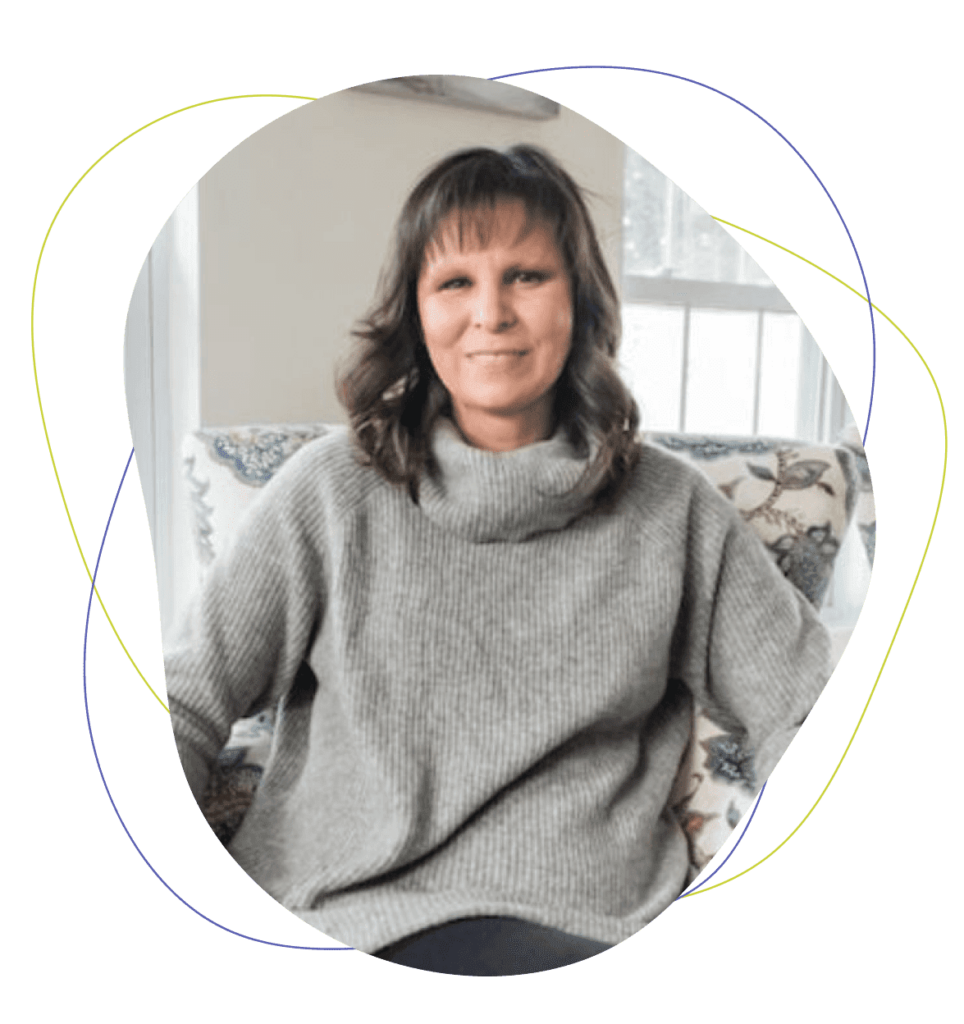
FOUNDER & ART THERAPIST
LCAT, LPAT, ATR-BC
WE BELIEVE EVERYONE HAS A UNIQUE STORY AND SOMETIMES, WORDS JUST AREN'T ENOUGH TO TELL IT.
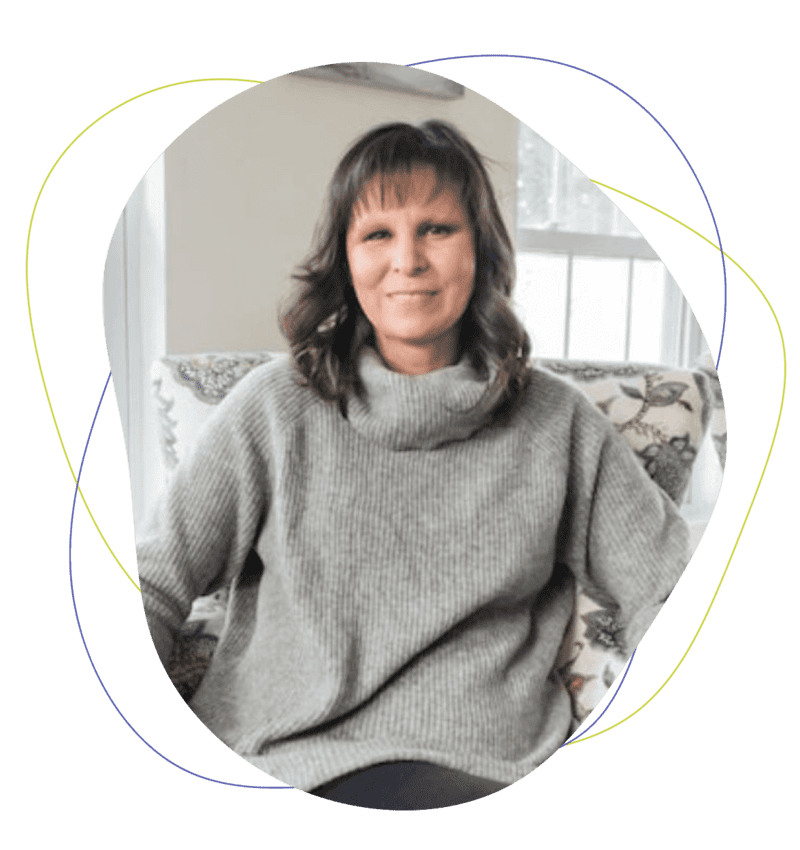
At Creative Arts Therapy Source, art isn’t just an activity; it’s a language that allows you to express your deepest emotions, fears, dreams, and hopes. Your artwork becomes a window that offers a comprehensive view into your pain, experiences, and the hopes you have for the future.
We want therapy to be a joyful, enlightening, and playful exploration where you are free to express yourself in a way that feels right to you. Talk therapy, with the support of art therapy, can help you uncover a new perspective.
We want to help you tell your story
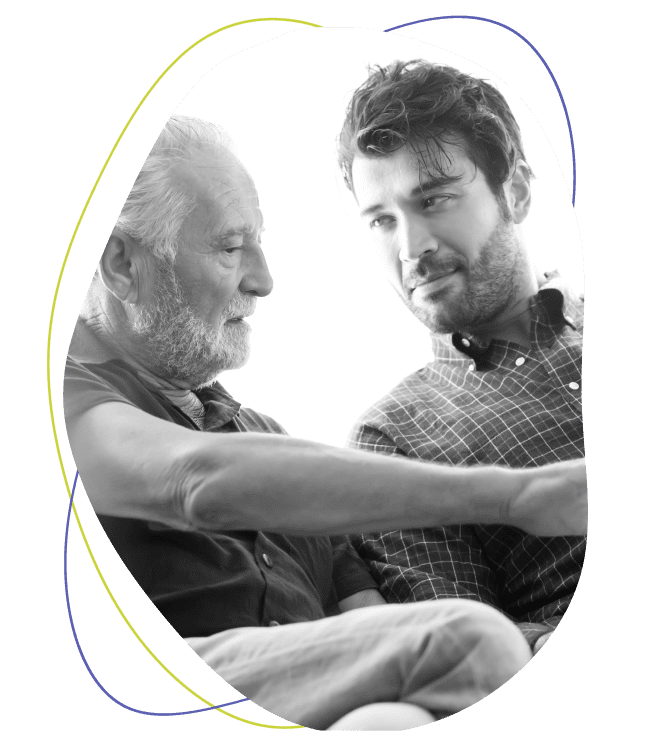
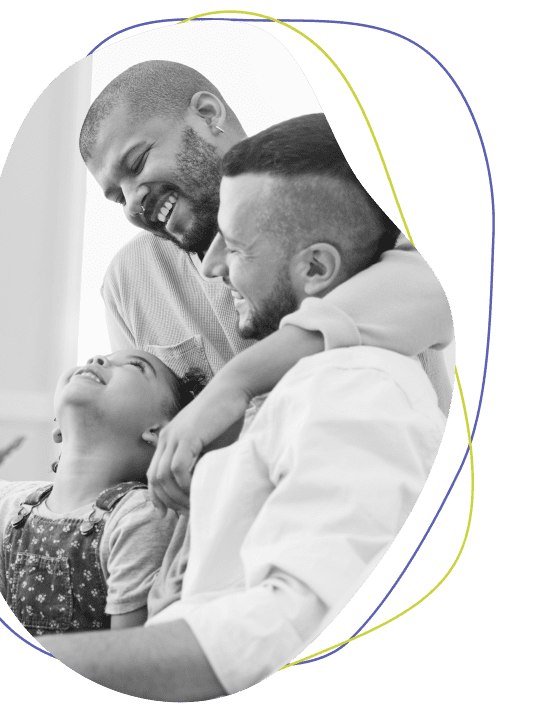
















In addition to talk therapy, we will incorporate Art Therapy into adoption counseling sessions. Because this approach is both expressive and nonverbal, it can provide you with a safe medium to explore feelings of grief, sadness, and anger. Moreover, Art Therapy promotes mindfulness and relaxation, which will ultimately help you reduce stress and reframe your outlook.
We have therapists who come from families shaped by adoption and who have worked in this specialty for years. We know from personal and professional experience that you can establish a sense of worthiness and belonging. With the support we offer in adoption counseling, you will learn to manage your emotions and start to feel whole again.
Having an open dialogue about your adoption experience from the get-go is great, but it will never negate the underlying feelings of abandonment you experienced as an infant. Even if you were adopted at birth, you spent nine months building a physical and emotional attachment to your biological mother. A sudden rupture in that relationship is deeply challenging for an infant, especially without the ability to fully understand or express emotions.
Art therapy can help you unlock the unconscious pre-verbal emotions that you may not even know you needed to express, and this process can be extremely liberating.
STILL HAVE QUESTIONS?
Our administrative assistant can answer your questions and match you with the best therapist for your needs.
If you have any billing, scheduling or log-in questions or any other inquiry, contact us here.
Explore your roots and celebrate your story
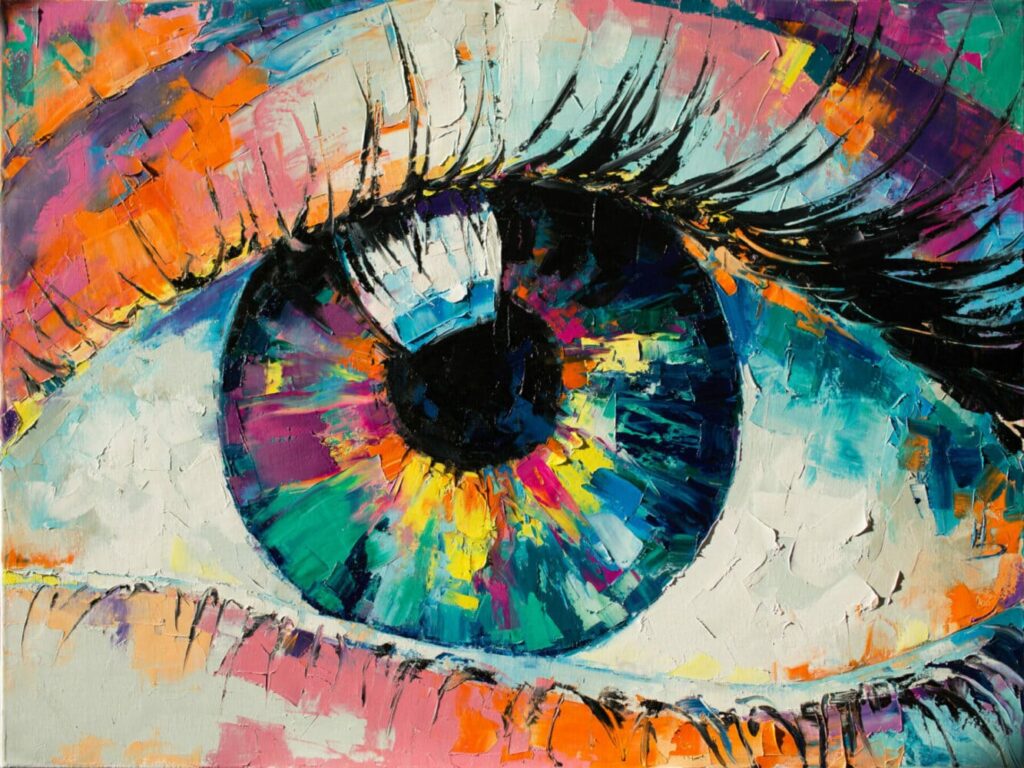

Offering in-person therapy on Long Island and online therapy across New York and New Jersey.